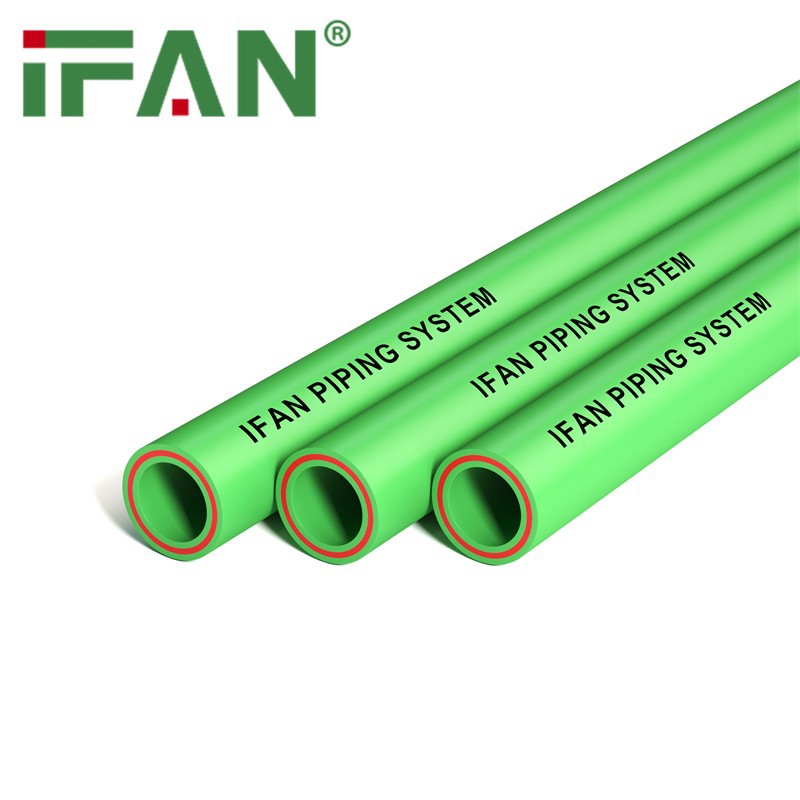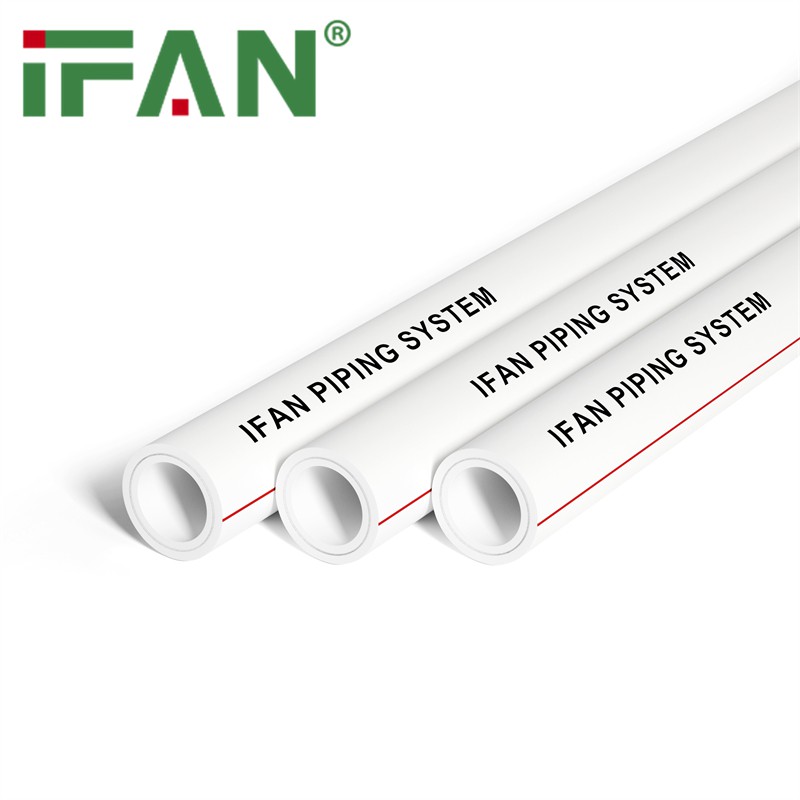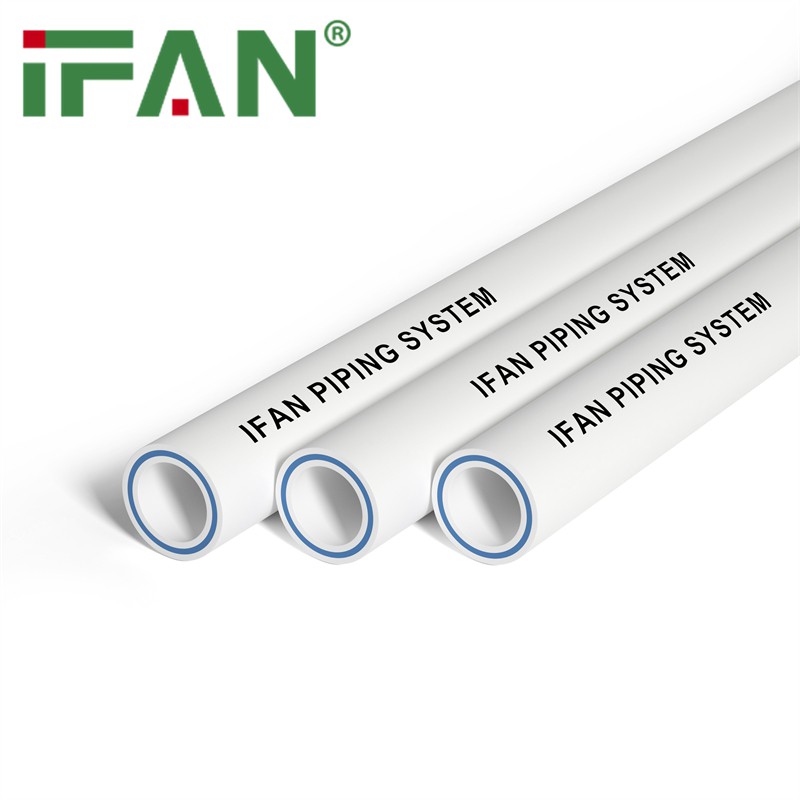
PPR pipes, or polypropylene random copolymer pipes, are a type of plastic piping commonly used in plumbing systems. They are appreciated by plumbers, engineers, and homeowners alike for their many benefits and are rapidly gaining popularity in construction projects worldwide.
Benefits of PPR Pipes
One of the primary advantages of PPR pipes is their resistance to high temperatures, making them suitable for applications in both hot and cold water systems, as well as in various industrial processes. PPR pipes also have excellent chemical resistance and can withstand aggressive chemicals without corroding. Additionally, PPR pipes are considered to be more environmentally friendly compared with traditional plumbing materials. The pipes can be recycled multiple times without any significant degradation in their quality.
Another benefit of PPR pipes is their thermal insulation capacity and noise reduction properties. Due to their thermal insulation, PPR pipes can retain heat much longer than copper or steel pipes, which can help homeowners save on energy costs. Additionally, PPR pipes can reduce sound transmission within a small or large building, which is important to homeowners concerned about comfort.
One of the most significant advantages of PPR pipes is their resilience and durability. Besides being able to withstand high temperatures, PPR pipes can resist quick changes in pressure and minimize the risk of contaminating private water sources. PPR pipes are also much less susceptible to leaks, making them more cost-effective in the long-term.
Installation of PPR Pipes

The installation process of PPR pipes is straightforward, and the pipes can be joined by heat fusion, which ensures a permanent joint. The heat fusion process involves heating both ends of the pipe to the point of melting and then pressing them together. Once cooled, the joint itself is stronger than the pipe. Joint failures, which are common in other types of pipe materials, are rare with PPR pipes. PPR pipe connectors can also be added to create an even more secure connection.
Additionally, PPR pipes are relatively lightweight, making them easier to handle and transport during installation. Some plumbers may prefer to use PPR pipes over copper or steel pipes to reduce the overall weight of the plumbing system.
Maintenance of PPR Pipes

PPR pipes require minimal maintenance. Unlike metal pipes, they are unlikely to corrode, and therefore, there is no need for regular maintenance. There is no need to replace them until the end of their lifespan.
PPR pipes are also resistant to limescale buildup, which is a common problem in many systems that require water flow. The smooth surface of the PPR pipes prevents deposits from sticking and accumulating, reducing the risk of blockages and slow flow rates.
In conclusion, PPR pipes offer numerous benefits for plumbing systems, making them an attractive choice for engineers and homeowners alike. With their outstanding durability, resistance to high temperatures and chemicals, and insulation properties, PPR pipes have many advantages over traditional metal piping materials. Plumbing professionals and homeowners considering building or renovating their properties should consider using PPR pipes, which offer a robust, cost-effective, and eco-friendly solution to plumbing problems.